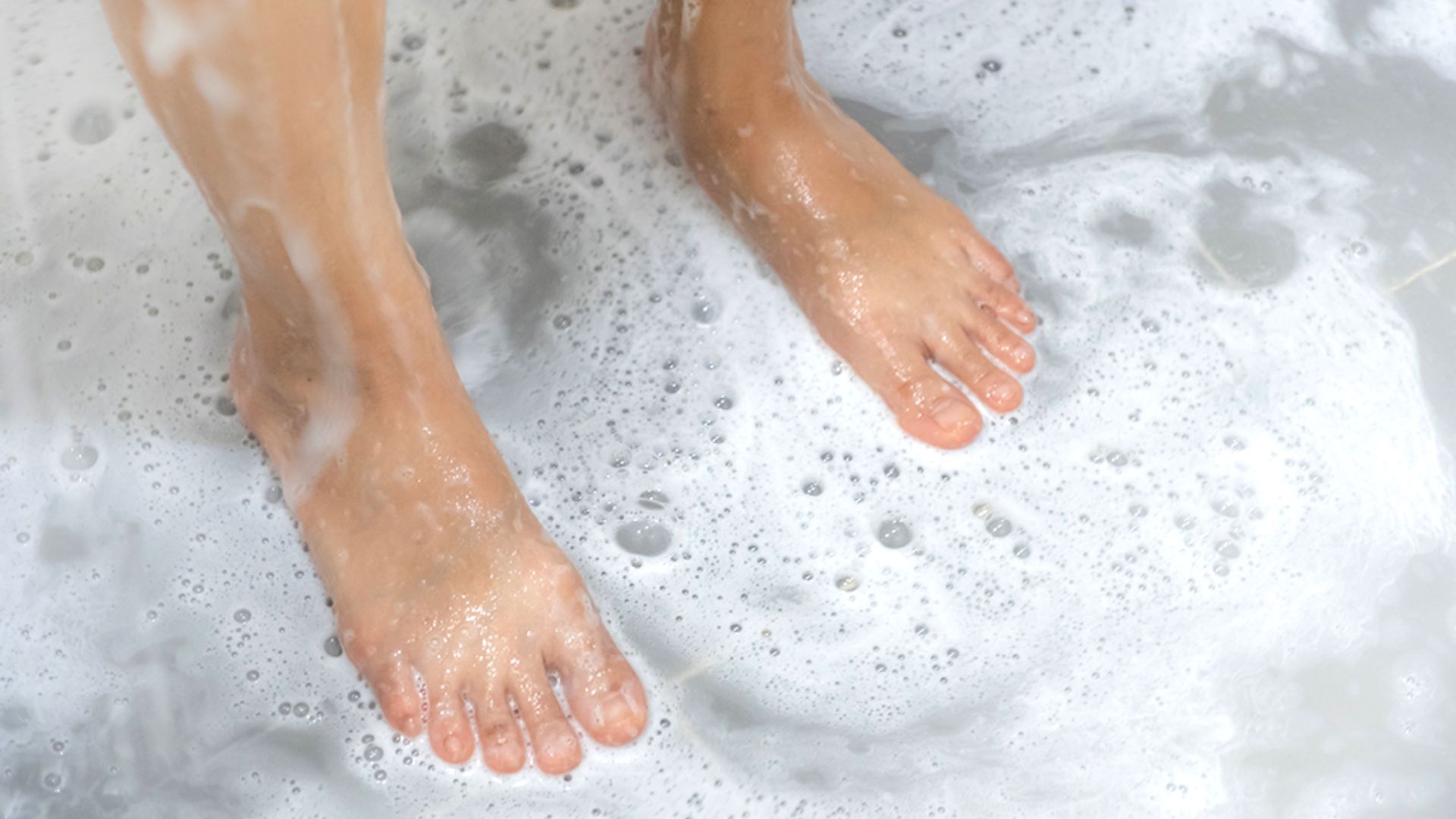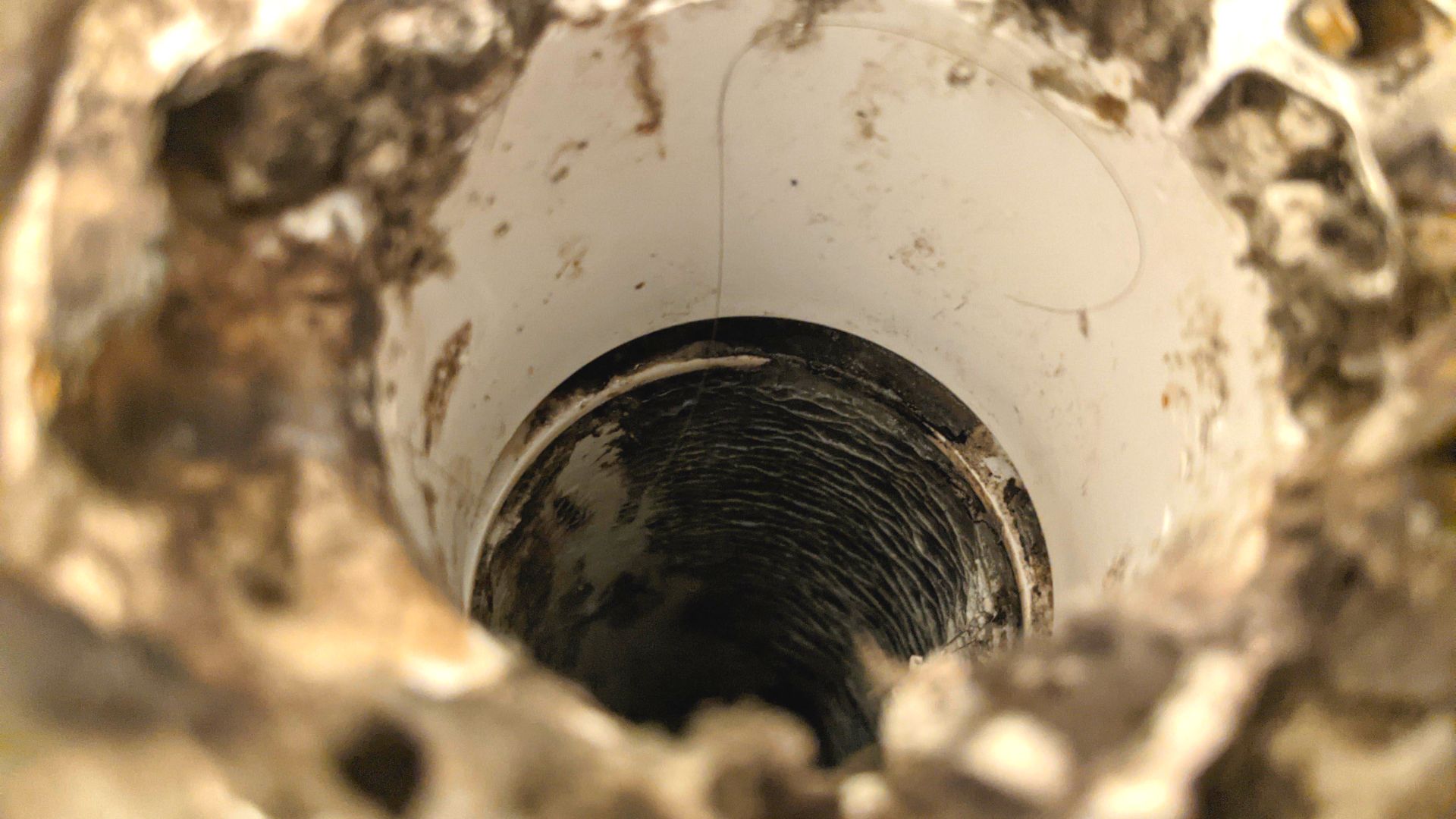A smelly shower drain can really ruin the relaxation of a good bath after a long day. Everyone expects a pleasant fragrance when they enter the shower, thanks to the lovely scented shampoo and soap.
So, why do bad smells persist even after these wash down the drain? Well, these materials often accumulate inside the drain, becoming a feast for bacteria in the pipes, causing unpleasant odours. There are also other drain issues worth noting that many homeowners overlook.
We’ll guide you through the most common reasons for smelly drains, as well as share some handy tips for fixing and maintaining them. Ready to dive in? Let’s get started!
Reasons For Shower Drain Smells

1. Grease And Soap
Remove your drain cover, and you might find soap and gunk stuck. While bathing, hair, hair oil and sweat wash down the drain, mix with your shampoo or soap and harden once they cool down.
These greasy substances act as the glue that holds them together to form blockages, and the odour intensifies with time. Not only that, but they may also prevent water flow, leading to stubborn blocks that can cause flooding and even damage the property.
2. Bacteria And Mould
Drains with excessive moisture content become a breeding ground for bacteria. These bacteria feed on everything that gets washed down the drain and melt them, resulting in foul odours.
Additionally, the P-trap and S-trap-designed drains may promote the growth of bacteria. While these drains don’t allow sewer gases to rise and spread into the bathroom, they also facilitate the growth of bacteria and mould. They tend to hold water in their curves, creating an ideal bacterial and mould growth environment.
Likewise, shower drains can become home to these stubborn bacteria if not cleaned and maintained correctly. When water accumulates even for a week, bacteria may develop as a biofilm.
3. Hair
Hair follicles are one of the most significant reasons for clogs, drain blockages and the spread of foul odours. A few strands of hair easily slide into the drain through pipes and cling to the sticky surfaces formed by shampoo, oil and soap residue. As more hair sticks, the debris gives off a foul odour that can become unbearable.
However, such a clog can spread throughout the bathroom plumbing system and can be difficult to remove without professional assistance.
4. Leaky Pipes
A pipe leak usually results from perforations in pipes or loose fittings that aren’t installed correctly, spreading the wastewater and the resulting smell. If you have leaky pipes, they might allow sewer gas to escape into your home. The foul sewer smell can indicate a costly plumbing problem. It’s impossible to detect these leaks from the walls, and there’s no better option than calling upon a professional who will perform a sewer inspection and fix the leaks.
Ways To Deal With Shower Drain Smells

1. Using Baking Soda And Vinegar
If soap and grease have built up in your drain, a simple DIY trick involves using baking soda and vinegar. Just mix 2 cups of vinegar and 3 cups of baking soda with lukewarm water and give it a good stir.
Pour this fizzy concoction down the drain and let it sit for a day. It helps dissolve blockages caused by grease or oil. But remember, don’t overdo the water—it needs time to work its magic. And if you’re reaching for commercial cleaners, be cautious—they can be harsh on your pipes.
2. Use A Drain Snake
Get a drain snake with a 5/16 or ¼-inch cable from your nearby hardware stores. These drain snakes are flexible enough to get deep into the drain. If you can’t find any, make one by straightening out a wire coat hanger and creating a hook at the end. Then, insert the drain snake into the drain until you feel the clog and lift it out.
But exerting too much force can damage the pipe, so call a professional if you aren’t confident about your DIY skills.
3. Boiling Water
Pour boiling water down the shower drain regularly for at least a week to eliminate any foul odour. Doing this for at least a few weeks will remove all existing clogs and eradicate bad smells.
We wouldn’t recommend doing this if you have PVC pipes, as boiling water can produce cracks in the pipe.
4. Cleaning The Biofilm In The Shower
Make sure to clean off any visible biofilm on your shower tiles using a brush. Then, pour a disinfectant to get rid of it further. In case of biofilm deposition in the shower drain, mix the disinfectant with hot water and pour it inside the drain. This will dissolve the biofilm within a few minutes. Please do this for at least a week to avoid it coming back.
4. Fix Leaky Pipes
There are some tasks that a homeowner can’t do alone, and working with leaky S-trap and P-trap drains can be especially difficult. Plus, leaks in your bathroom can often be hidden and may have caused damage before you even knew about them. Hence, the job should be left to experienced plumbers.
These professionals use specialised tools to conduct a detailed inspection of your drain to detect any potential leaks in the sewer pipe and make repairs wherever necessary.
Dealing With A Smelly Shower Drain
There are numerous reasons why your shower drain stinks; it might take some investigation to determine the real culprit. One common issue is a dry p trap, which can allow unpleasant odours to escape from your plumbing. The u shaped pipe beneath your shower is designed to hold water and prevent sewer gases from entering your home, so ensuring it remains filled is crucial. Additionally, a buildup of soap scum can contribute to unpleasant smells and blockages.
If you’re missing the right tools, hesitant about drain cleaners, or need some expertise, just get in touch with a professional plumber. These pros know how to handle stubborn clogs and persistent odours, making sure your plumbing is back on track.
They’ll not only clear the issue but also check what kind of pipes you have—be it metal, PVC, or cast iron—and suggest the best maintenance tips for keeping things clean in the long run.
The Sydney plumbers at Fixed Today Plumbing are experts in battling smelly drains and sewer odours. They offer lasting solutions for clogged drains and sewer lines.
If you’re facing issues like these, don’t hesitate to contact us and find out how we can help!
That’s all we have for today. We’ll see you soon, so take care and goodbye!














